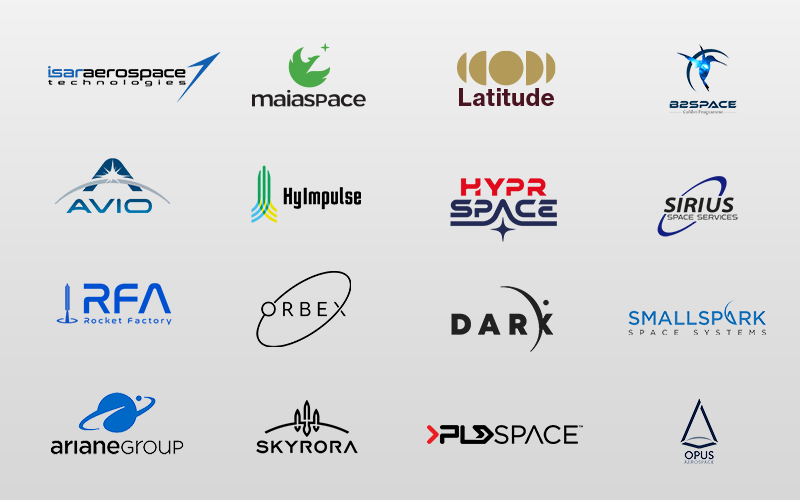
The European Space Agency has announced plans to create a “pool” of European launch service providers that will be utilized to launch European Commission In-Orbit Demonstration and Validation (IOD/IOV) missions. The call may enable the numerous European launch startups to get foot in the door and secure a first ESA launch contract.
ESA published the tender request on 6 October as an intended invitation for open competition. As a result, the request is not yet open for applications.
The request is being managed under the agency’s Boost! initiative, which aims to encourage the development and deployment of new European commercial space transportation services under private leadership. Specifically, it is part of the Boost! 3 call, which will award co-funding for space transportation services for IOD/IOV missions. At the 2022 ESA ministerial meeting, ESA member states committed €31.2 million for this third Boost! call. During the ministerial meeting, participating states agreed to allocate procurement for IOD/IOV mission on a “competitive basis.”
With this latest call for applications from interested parties, ESA hopes to begin that competitive process. The request called for interest from European launch service providers that are “able to launch current and future IOD/IOV missions.” The invitation is also labeled as “batch 1,” indicating that additional similar calls are likely to follow in the coming years.
The European Commission, in conjunction with ESA, launched the IOD/IOV initiative in September 2020, with the latest call for interest being published in the spring of 2022. The aim of the initiative is to allow academia, research organizations, SMEs, and larger industrial companies to test new technologies in orbit, reducing the time it would otherwise take to bring them to market. The idea is for it to act as a catalyst for future European-made space technology.
The IOD/IOV initiative is expected to offer three separate services: aggregation of experiments and payloads aboard a single spacecraft, launch services for “ready to fly” missions, and up to one year of operations for aggregated missions.
According to the commissions’ IOD/IOV timetable, the launch of the various payloads selected from applications to the spring 2022 call is expected to occur between 2024 and 2027.

